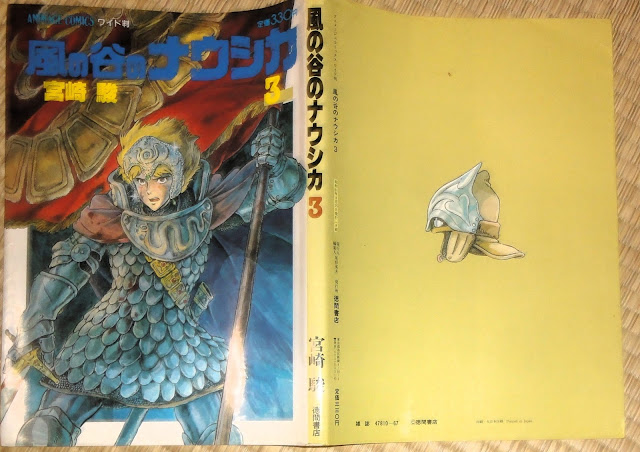I'd better read(translate) to the last minute at first.
Saturday, 22 September 2012 rounin To put it very simply、Kyoto was the capital of Japan because the emperor was there. However、throughout the Edo period、the real capital of Japan was Edo (now Tokyo)、home to the Tokugawa clan. Well、in the process of abandoning this policy of national isolation、the Tokugawa government could not ignore the strong opposition within public opinion. Therefore、although it was a very unusual thing、they consulted the emperor in Kyoto about it. Maybe they just wanted to formalize an important policy change in the country by using the emperor's authority (by obtaining the emperor's "pro forma" approval). Unexpectedly for them、however、it brought about a major change in the political situation in Japan. This precedent gave real power to "the emperor"、who had only existed as a mere authority. After this、Kyoto became the center of politics. By the way、the general Japanese perception of Western countries at that time (in particular、the s...

